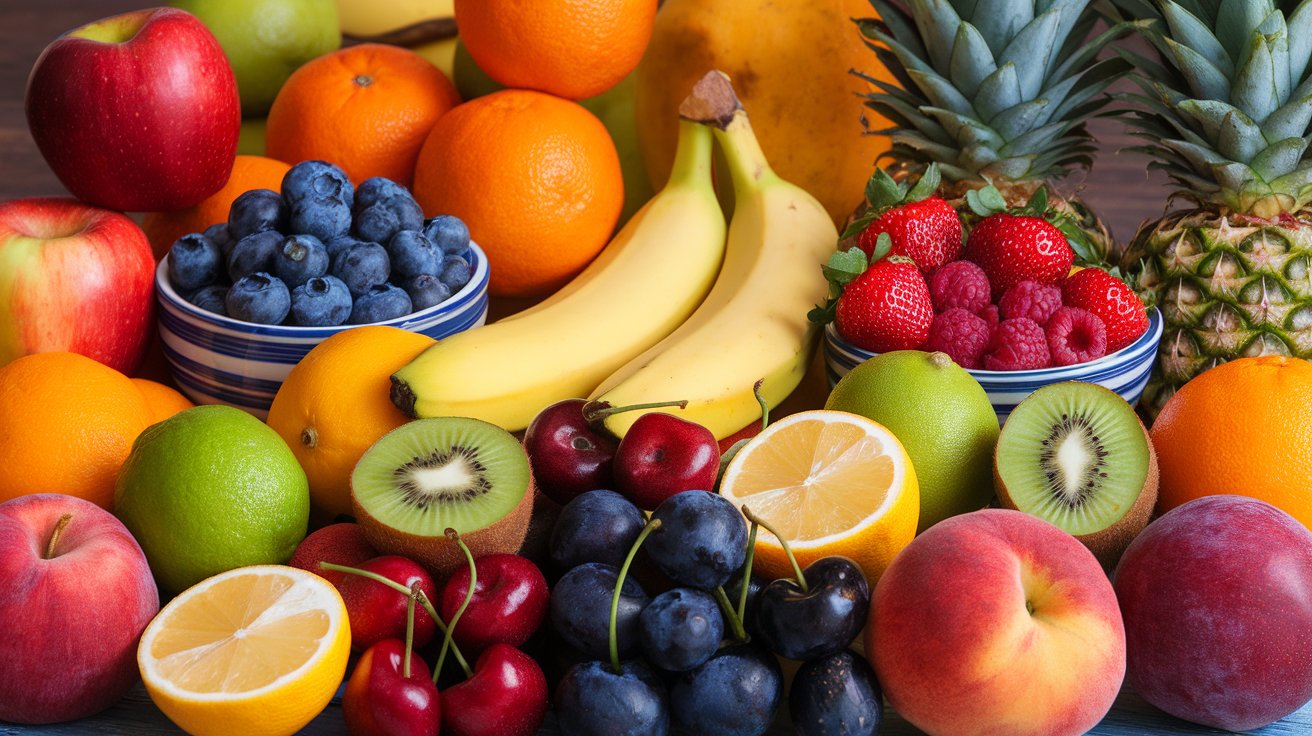
Fruits are vital to a healthy diet, offering a variety of flavors, textures, and nutritional benefits.
Whether snacking on a juicy apple or adding some tropical flair with mango, fruits are versatile and delicious.
This guide explores 16 popular fruits enjoyed worldwide, each with its own unique taste and health benefits.
From sweet and tart to rich and creamy, these fruits are perfect for any occasion, adding flavor and nutrition to your meals.
Popular Fruits that Are Enjoyed Worldwide
1. Apple

Apples are one of the most popular and versatile fruits, known for their crisp texture and refreshing taste.
Apples, from sweet to tart, can be enjoyed raw, baked, or even made into juice.
They’re also packed with fiber and antioxidants, making them a healthy choice for snacking.
- Taste: Sweet or tart, depending on the variety.
- Texture: Crisp and juicy, perfect for snacking.
- Best For: Eating raw, in salads, or baking in pies.
- Nutritional Value: High in fiber and Vitamin C.
- Extra Tip: Pair apples with peanut butter for a healthy, satisfying snack.
2. Banana
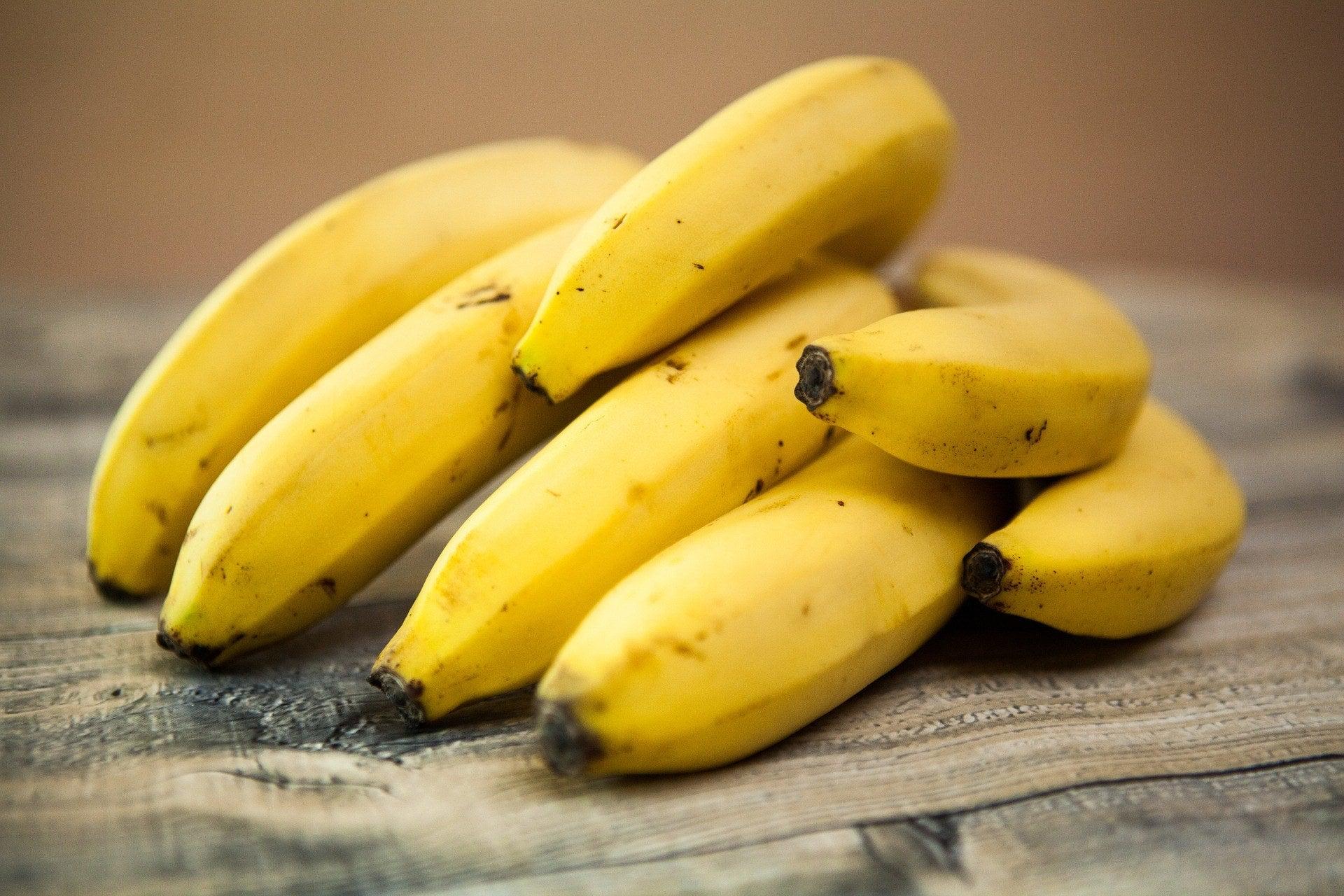
Bananas are known for their creamy texture and natural sweetness.
They’re a great source of potassium, making them a favorite among athletes for a quick energy boost.
Bananas can be eaten independently, added to smoothies, or used in baking for a natural sweetener.
- Taste: Sweet and mild.
- Texture: Soft and creamy, perfect for blending.
- Best For: Snacking, smoothies, and baking.
- Nutritional Value: Rich in potassium and Vitamin B6.
- Extra Tip: Freeze bananas for smoothies for a thicker, creamier texture.
3. Orange
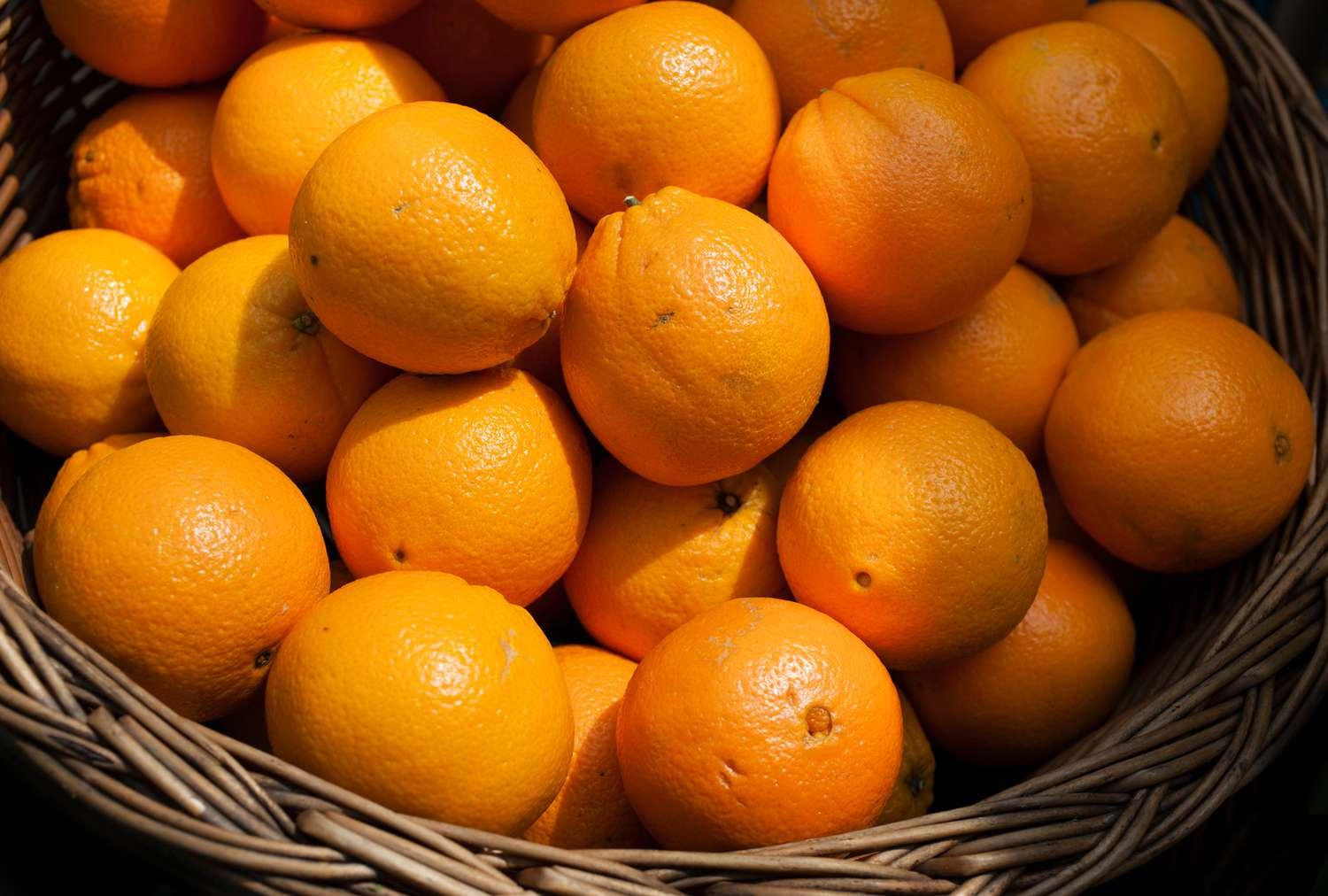
Oranges are juicy citrus fruits known for their bright flavor and high Vitamin C content.
They can be eaten fresh, juiced, or in salads and desserts for a zesty kick.
Oranges are perfect for boosting your immune system while satisfying your craving for something sweet and tangy.
- Taste: Sweet with a tangy, citrusy flavor.
- Texture: Juicy and refreshing.
- Best For: Eating fresh, juicing, or adding to salads.
- Nutritional Value: Packed with Vitamin C and antioxidants.
- Extra Tip: Use orange zest to enhance the flavor of baked goods and savory dishes.
4. Strawberry
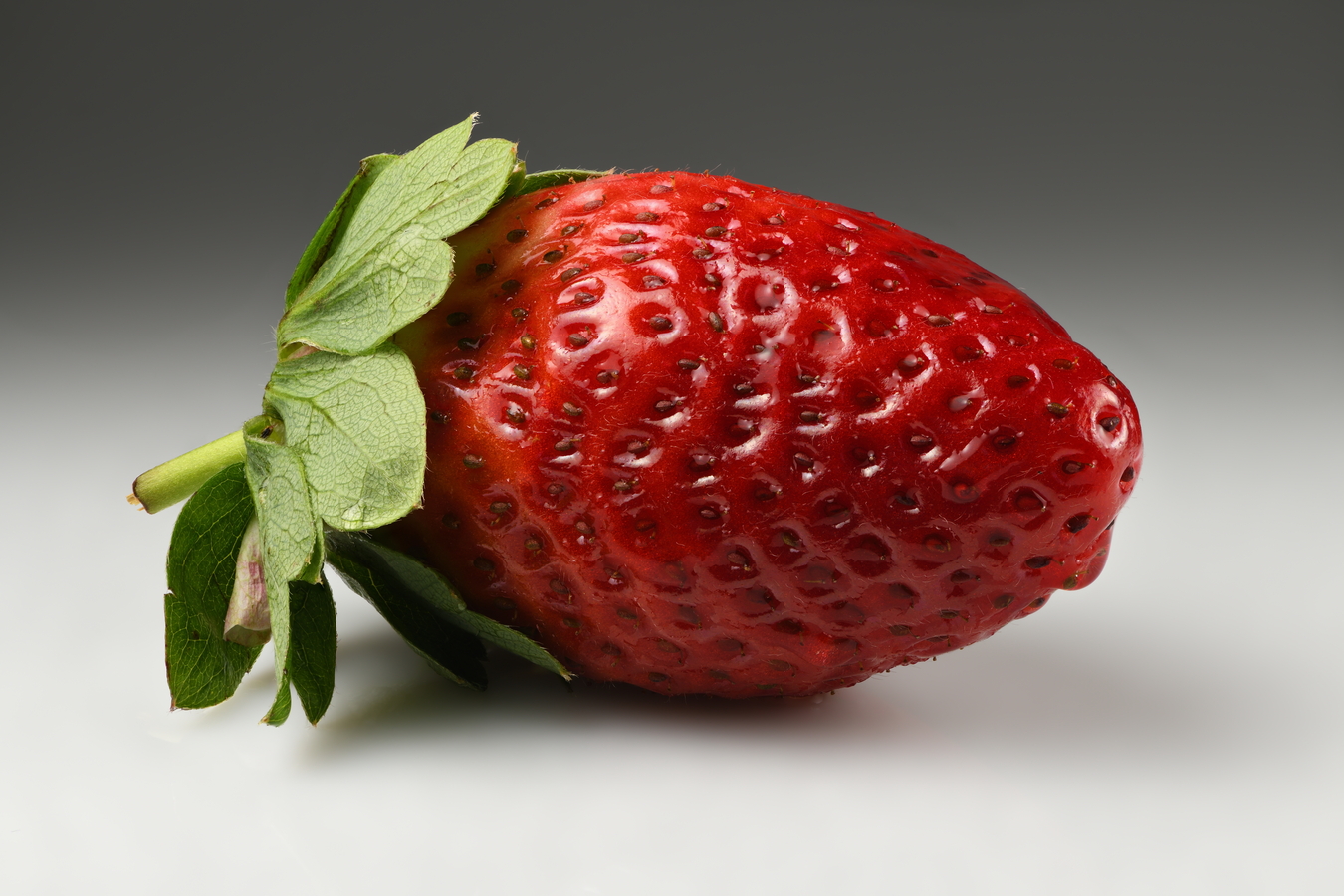
Strawberries are vibrant red berries that are both sweet and slightly tart.
They are incredibly versatile, perfect for eating fresh, adding to desserts, or blending into smoothies.
Strawberries are also loaded with Vitamin C and antioxidants, making them a delicious and nutritious treat.
- Taste: Sweet with a slight tartness.
- Texture: Juicy and tender, with a small bite.
- Best For: Eating fresh desserts and smoothies.
- Nutritional Value: High in Vitamin C and antioxidants.
- Extra Tip: Dip strawberries in dark chocolate for an indulgent yet healthy dessert.
5. Grapes
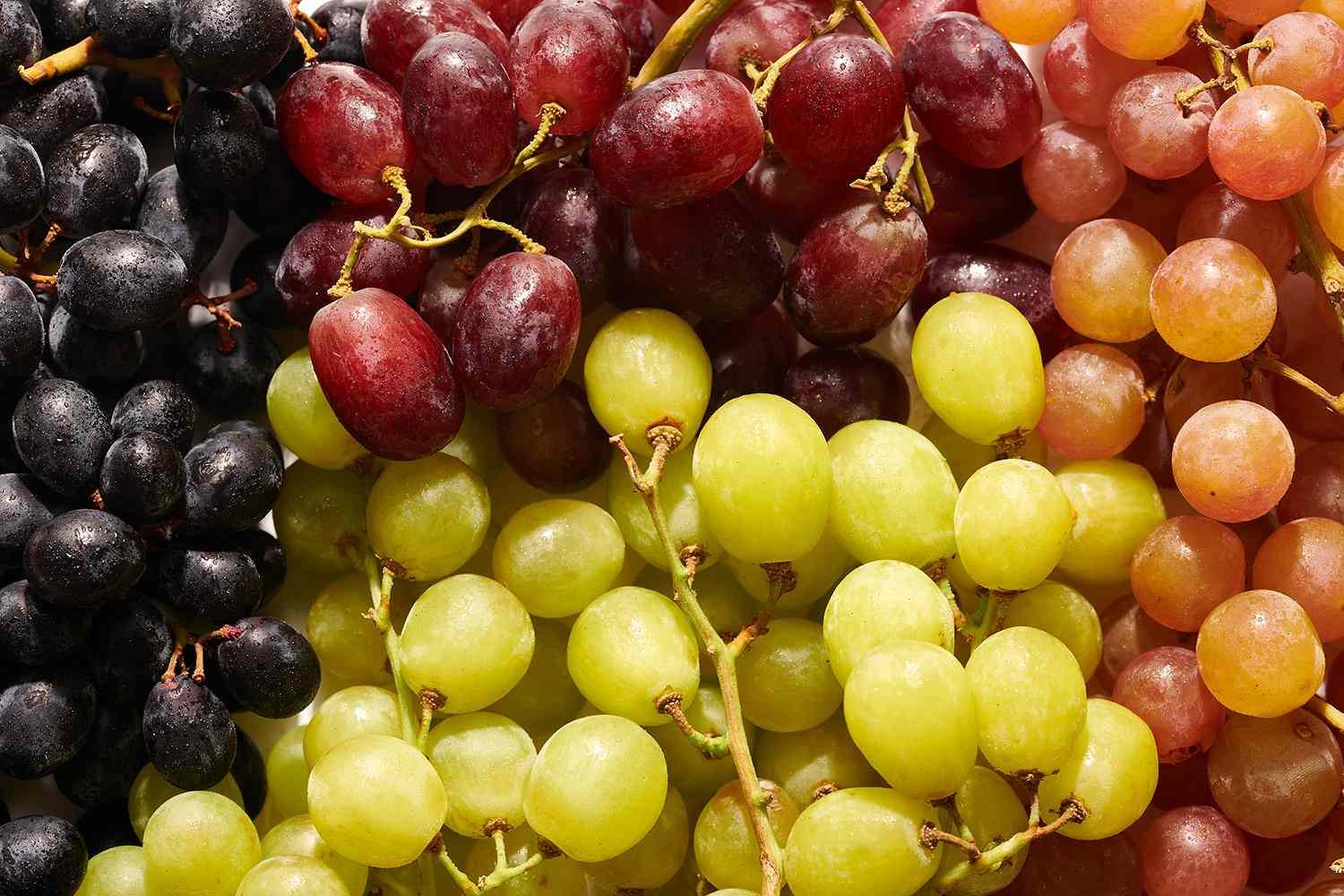
Grapes are small, juicy fruits that can be eaten fresh, dried as raisins, or fermented into wine.
They come in green, red, and black varieties, each with a slightly different flavor.
Grapes are a hydrating snack that’s easy to enjoy on the go and packed with antioxidants.
- Taste: Sweet or mildly tart, depending on the variety.
- Texture: Juicy and firm, with a slight pop when bitten.
- Best For: Snacking, adding to cheese platters, or making wine.
- Nutritional Value: Rich in antioxidants and vitamins like C and K.
- Extra Tip: Freeze grapes for a refreshing, icy snack in the summer.
6. Mango
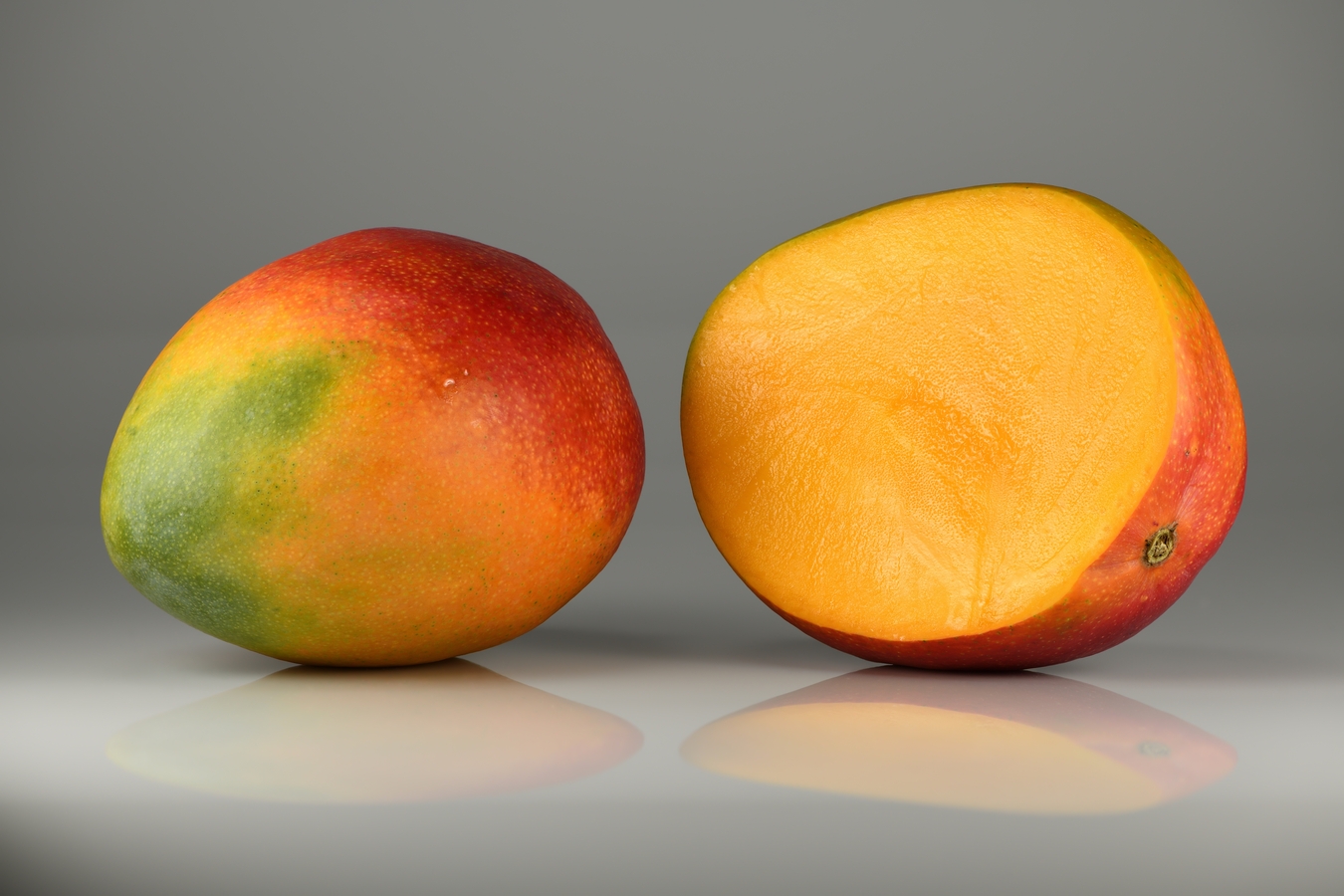
Mangoes are tropical fruits known for their juicy, sweet, and slightly tangy flavor.
They are rich in vitamins and perfect for eating fresh, making smoothies, or adding to salsas.
The vibrant orange flesh of the mango is a great way to add tropical flair to any savory or sweet dish.
- Taste: Sweet with a slight tang.
- Texture: Juicy and smooth.
- Best For: Eating fresh smoothies or adding to salsas.
- Nutritional Value: High in Vitamin A and Vitamin C.
- Extra Tip: Try mango in a fruit salad or blend it into a smoothie for a tropical treat.
7. Pineapple
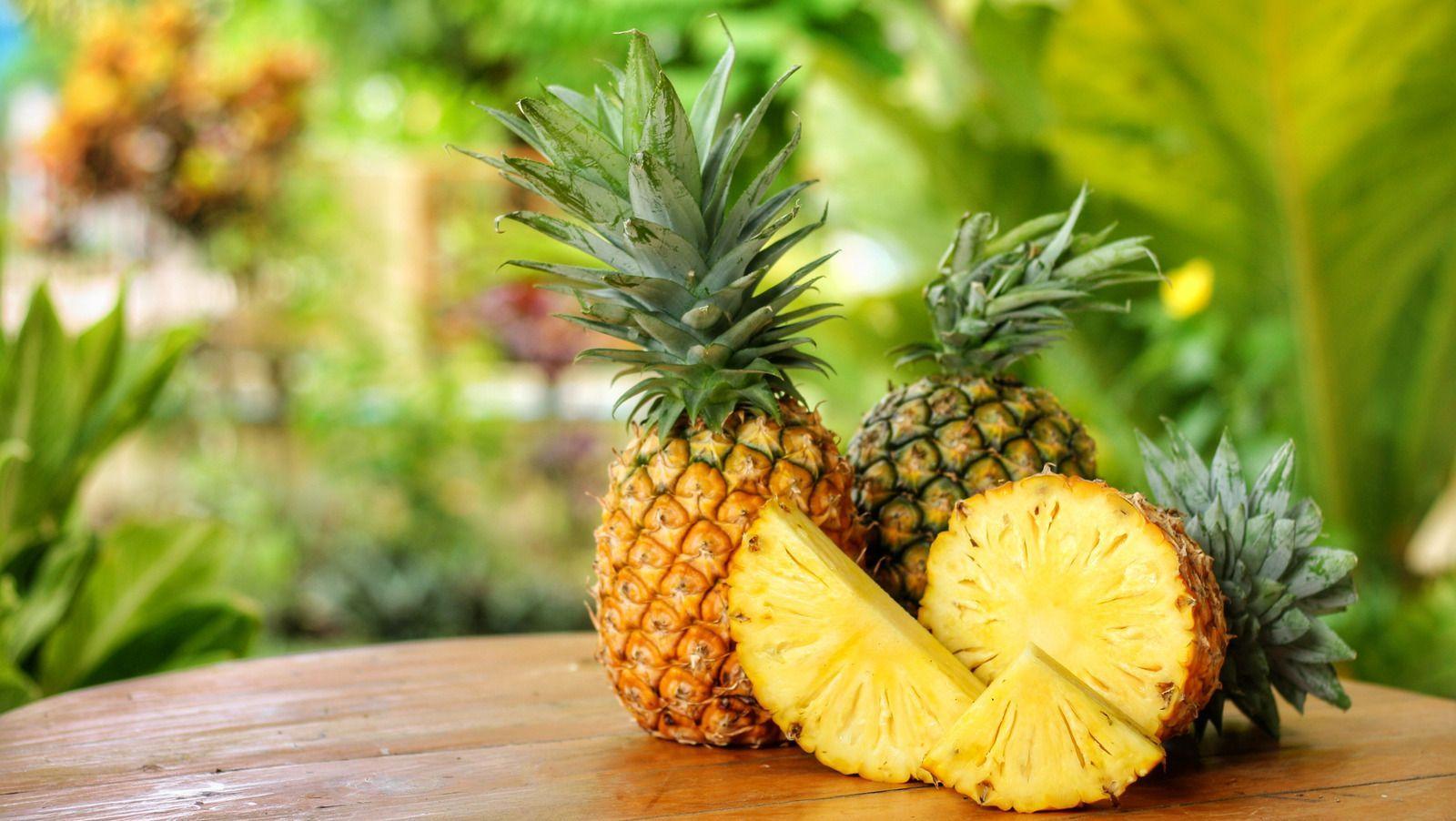
Pineapple is a tropical fruit known for its sweet, tart, and slightly tangy flavor.
Its juicy flesh makes it perfect for eating fresh, grilling, or using in sweet and savory dishes.
Pineapple is also a great source of Vitamin C and digestive enzymes like bromelain.
- Taste: Sweet and tangy with a tropical flair.
- Texture: Juicy and slightly fibrous.
- Best For: Eating fresh, grilling, or adding to salads and desserts.
- Nutritional Value: Packed with Vitamin C and digestive enzymes.
- Extra Tip: Grill pineapple slices to caramelize the natural sugars for a sweet, smoky flavor.
8. Blueberries
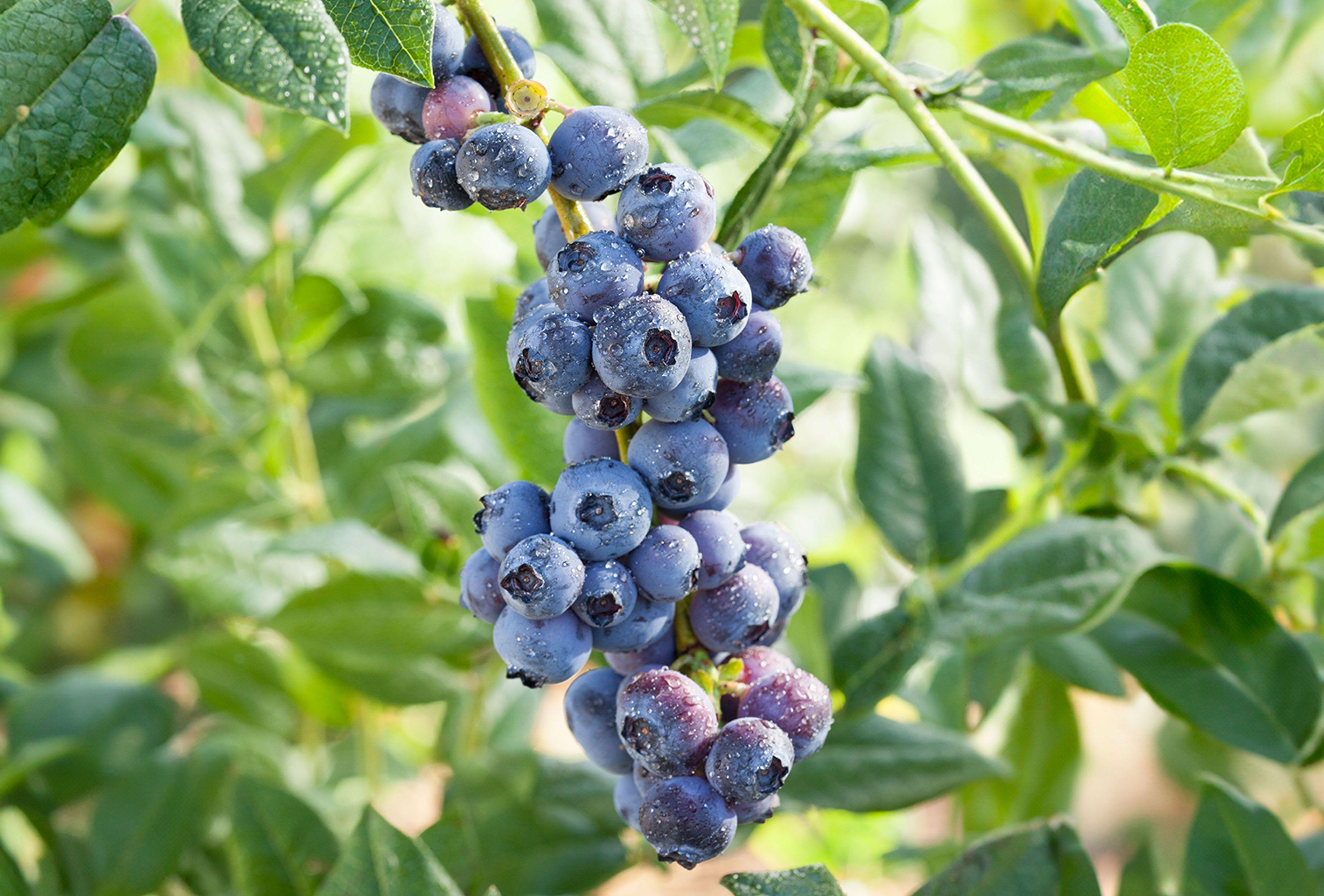
Blueberries are small, nutrient-dense berries known for their sweet and mildly tart flavor.
They’re rich in antioxidants, especially anthocyanins, which give them their deep blue color.
Blueberries are perfect for snacking, baking into muffins, or adding to smoothies.
- Taste: Sweet with a slight tartness.
- Texture: Juicy and tender with a burst of flavor.
- Best For: Snacking, baking, or adding to smoothies and yogurt.
- Nutritional Value: High in antioxidants, especially anthocyanins.
- Extra Tip: Toss blueberries in your morning oatmeal for a healthy, antioxidant-rich breakfast.
9. Watermelon
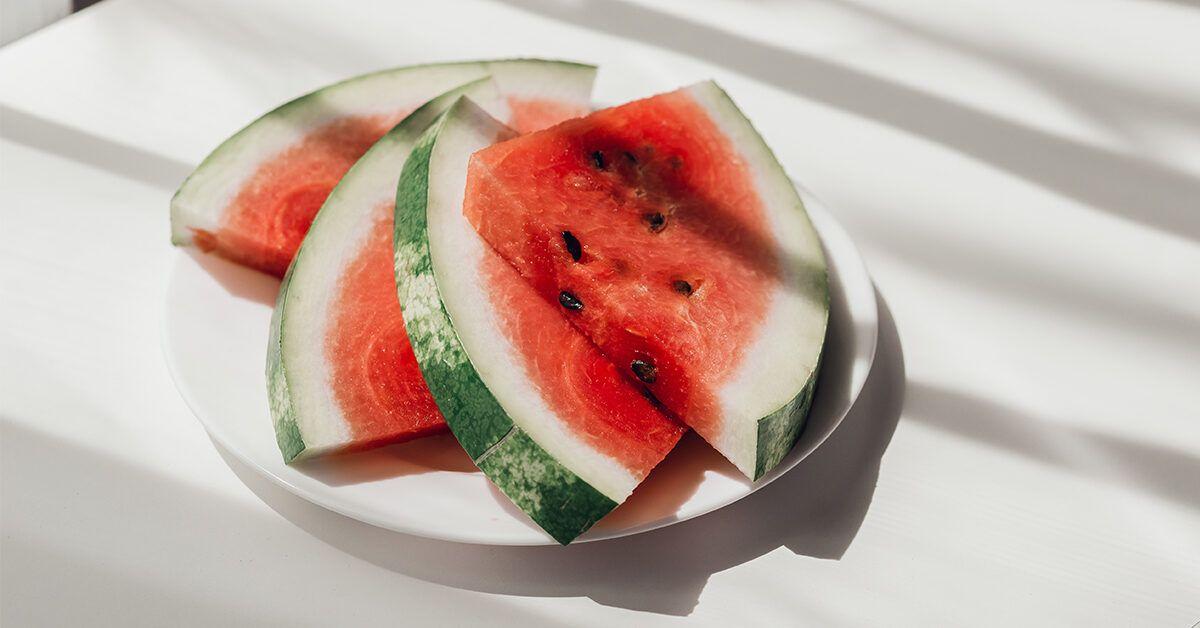
Watermelon is a hydrating and refreshing fruit enjoyed in the summer.
Known for its sweet, juicy flesh, watermelon is perfect for snacking, making juices, or adding to fruit salads.
It’s low in calories and high in vitamins like A and C.
- Taste: Sweet and refreshing.
- Texture: Juicy and crisp, with a watery consistency.
- Best For: Snacking, making fruit salads, or blending into juices.
- Nutritional Value: Hydrating and packed with Vitamins A and C.
- Extra Tip: Blend watermelon for a refreshing, homemade juice, or add mint for a fresh twist.
10. Peach
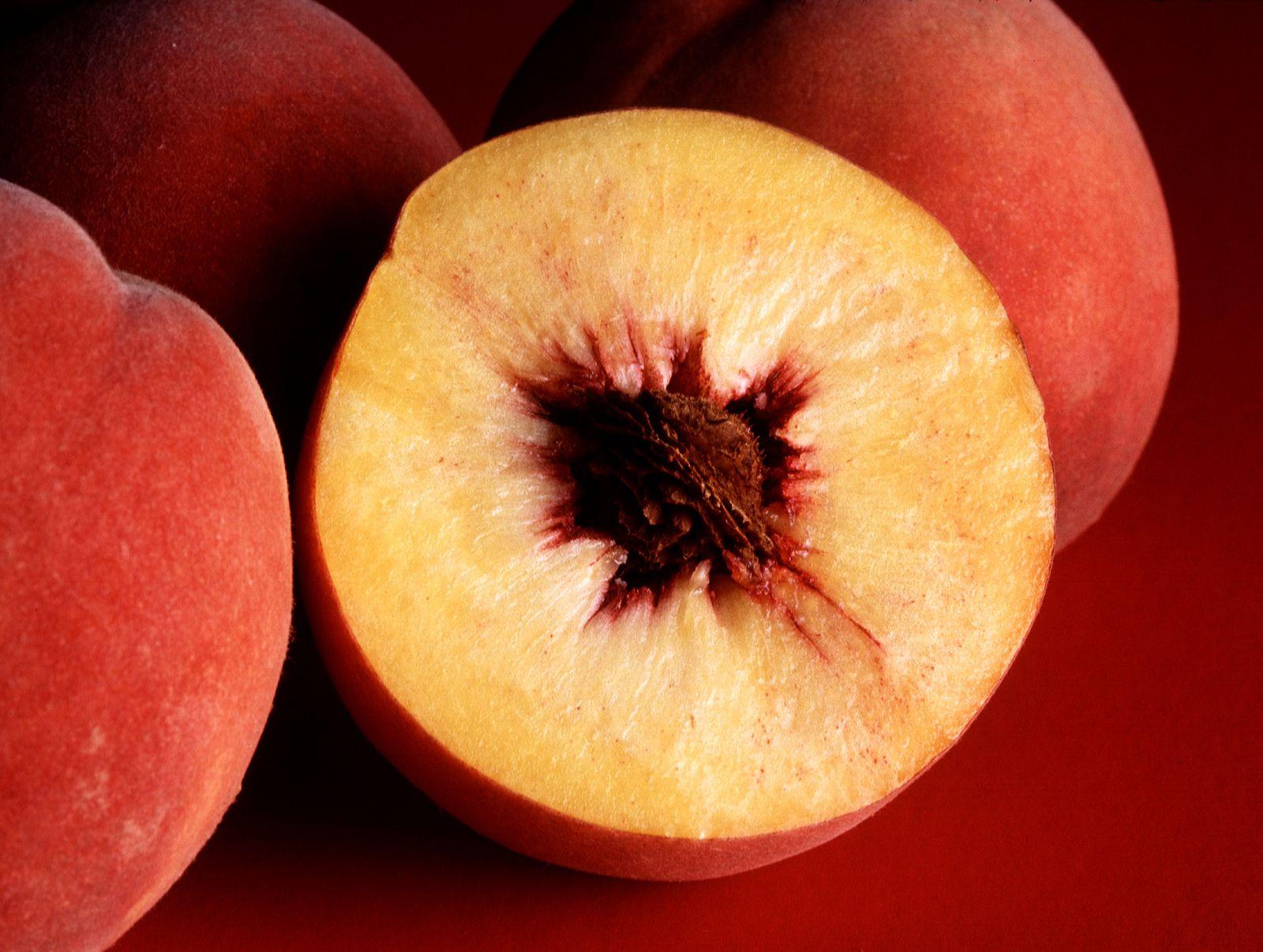
Peaches are sweet, juicy fruits with soft, fuzzy skin, making them a summer favorite.
They’re perfect for eating fresh, grilling, or baking into pies and cobblers.
Peaches are rich in vitamins and antioxidants, providing a healthy, delicious treat.
- Taste: Sweet and juicy with a slight tartness.
- Texture: Soft and tender, with some fuzz on the skin.
- Best For: Eating fresh, grilling, or baking.
- Nutritional Value: High in Vitamin C, fiber, and antioxidants.
- Extra Tip: Try grilling peaches and serving them with ice cream for a delicious dessert.
11. Cherry
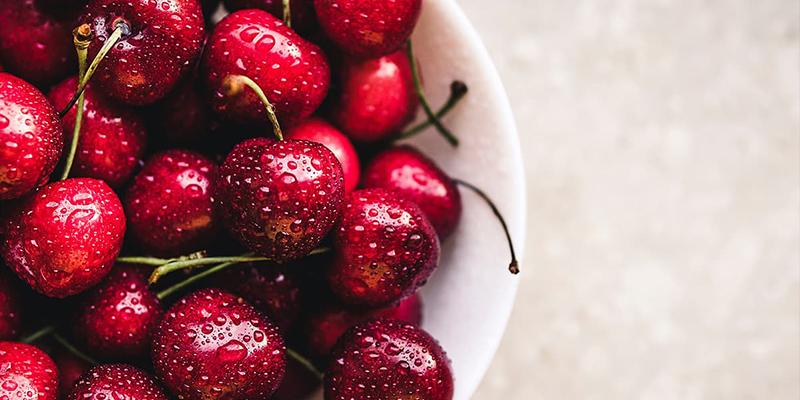
Cherries are small, round fruits that are both sweet and tart, making them a versatile addition to many dishes.
They’re great for snacking, baking into pies, or adding to salads.
Cherries are also rich in antioxidants and anti-inflammatory compounds, making them a healthy treat.
- Taste: Sweet with a tart undertone.
- Texture: Juicy and slightly firm.
- Best For: Snacking, baking, or adding to desserts.
- Nutritional Value: High in antioxidants, especially anthocyanins.
- Extra Tip: Use cherries in a fresh fruit salad or bake them into a classic cherry pie.
12. Kiwi
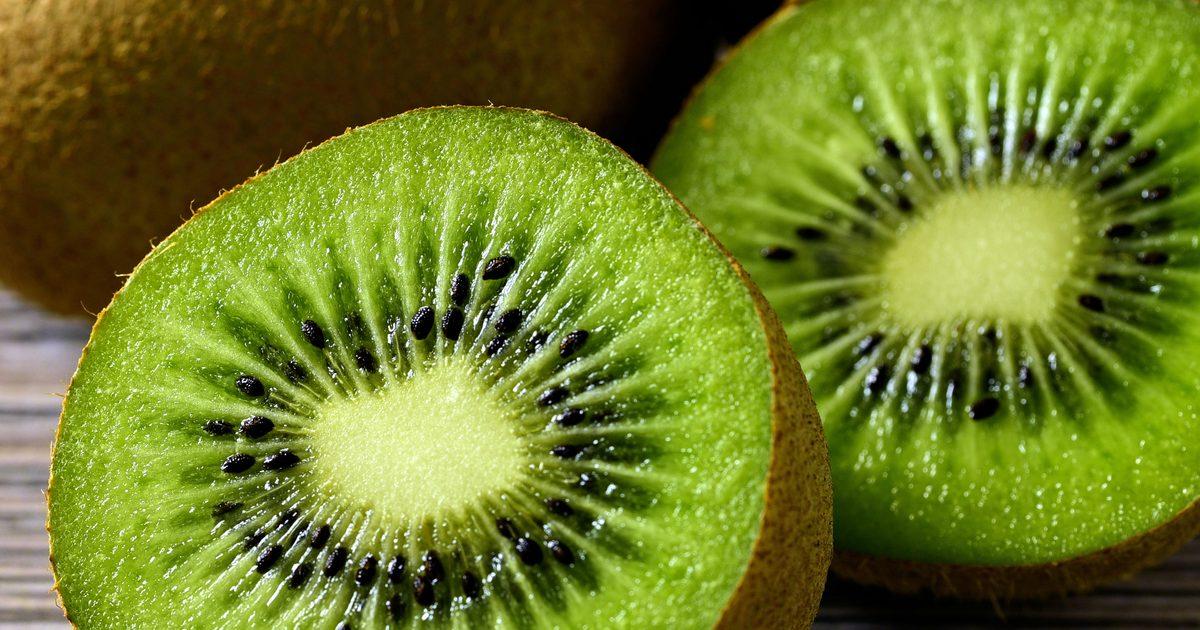
Kiwi is a small, fuzzy fruit with bright green flesh with a tangy, sweet flavor.
It’s rich in Vitamin C and antioxidants, making it nutritious and flavorful.
Kiwi is perfect for adding to fruit salads and smoothies or simply enjoying themselves.
- Taste: Sweet and tangy with a tropical flair.
- Texture: Soft and juicy with small, edible seeds.
- Best For: Eating fresh, adding to fruit salads, or blending into smoothies.
- Nutritional Value: Packed with Vitamin C and antioxidants.
- Extra Tip: Add kiwi to your morning yogurt or oatmeal for a tropical twist.
13. Lemon
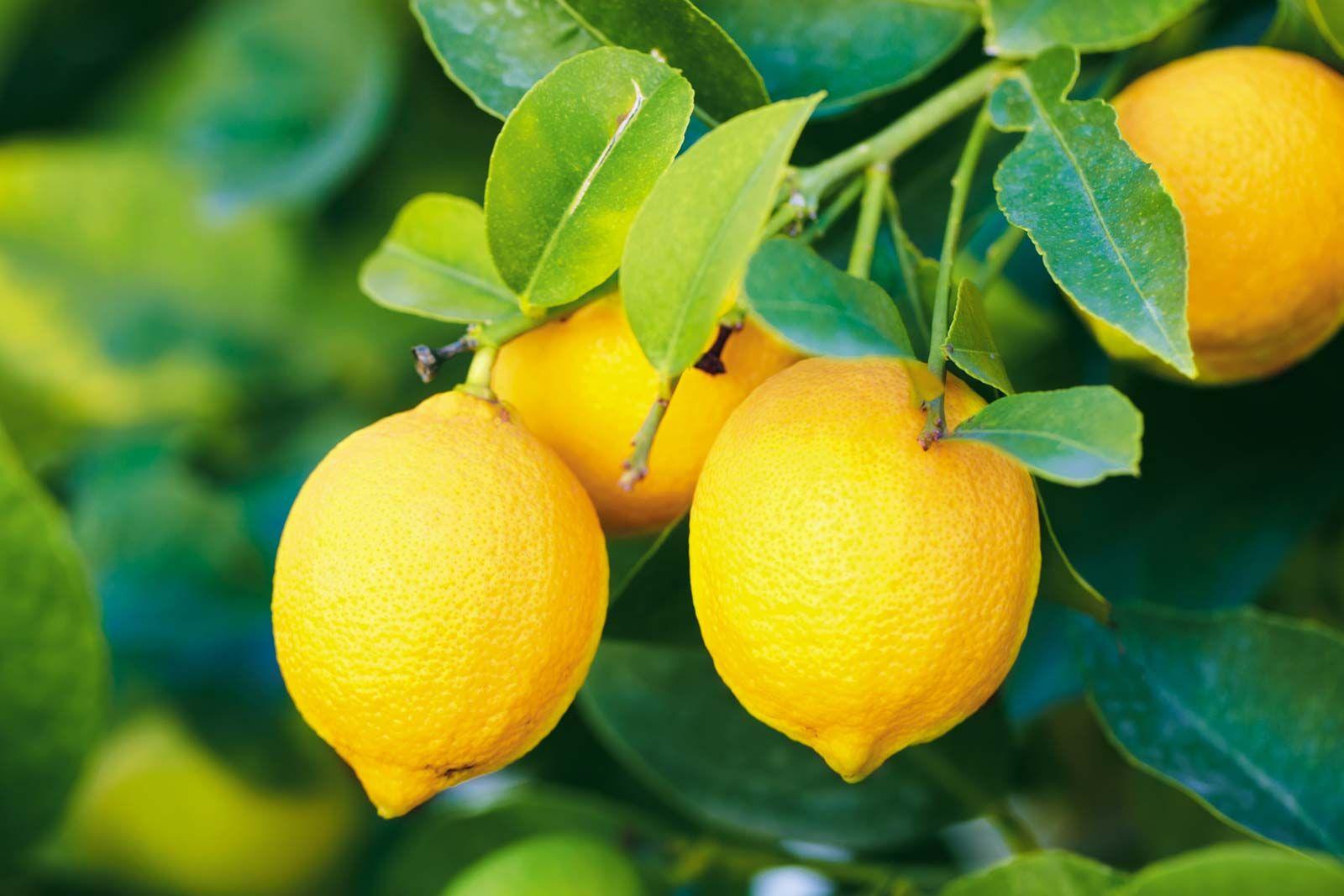
Lemons are known for their bright, tangy, and slightly sour flavor, making them versatile fruits in sweet and savory dishes.
They’re commonly used for juicing, zesting, and refreshing citrusy notes to recipes.
Rich in Vitamin C, lemons are perfect for boosting flavor and nutrition.
- Taste: Tart and tangy with a refreshing citrus flavor.
- Texture: Juicy and slightly acidic.
- Best For: Juicing, zesting, and adding to both sweet and savory dishes.
- Nutritional Value: High in Vitamin C and antioxidants.
- Extra Tip: Use lemon zest to brighten up baked goods or drizzle lemon juice over salads for a zesty kick.
14. Pear
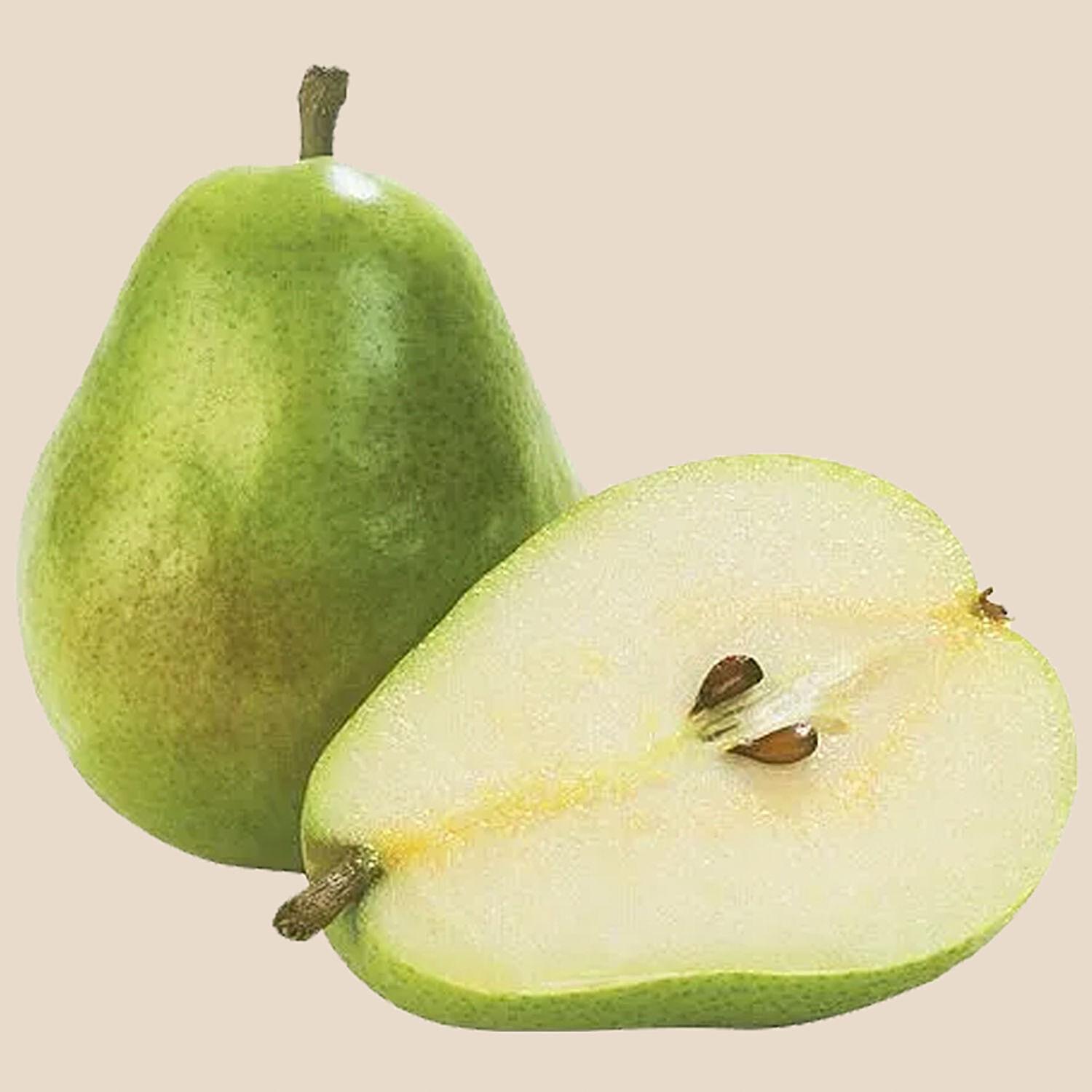
Pears are soft, juicy fruits with a sweet, delicate flavor.
They’re perfect for snacking, baking, or adding to salads for a touch of sweetness.
Pears are also high in fiber, making them a great fruit for promoting digestive health.
- Taste: Sweet and mild with a juicy, honey-like flavor.
- Texture: Soft and tender with smooth skin.
- Best For: Eating fresh, baking, or adding to salads.
- Nutritional Value: High in fiber and Vitamin C.
- Extra Tip: Slice pears with cheese for a delicious snack or appetizer.
15. Papaya
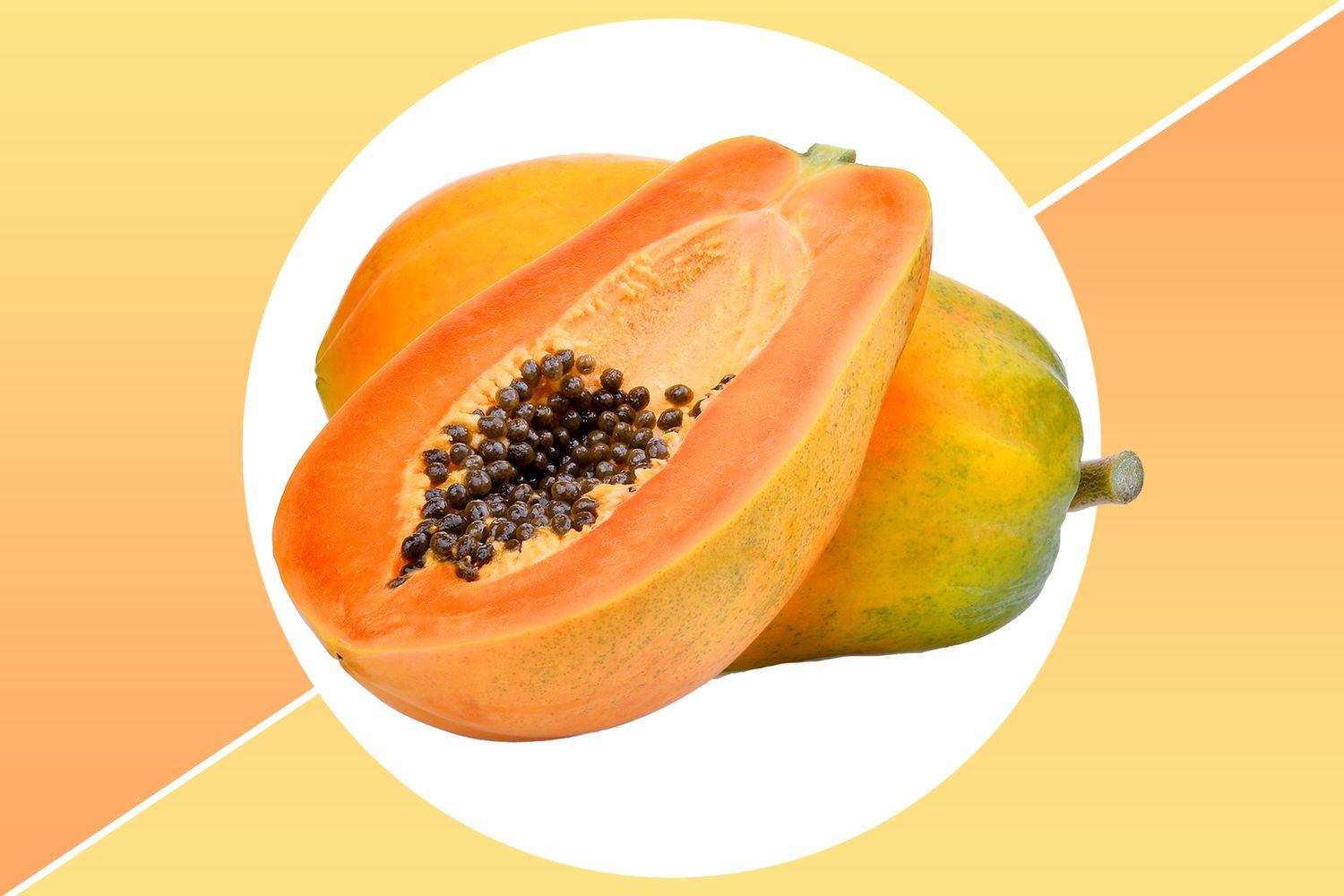
Papaya is a tropical fruit known for its vibrant orange flesh and sweet, musky flavor.
It’s a great source of vitamins and digestive enzymes, making it delicious and beneficial for gut health.
Papaya can be eaten fresh, added to smoothies, or used in salsas.
- Taste: Sweet and slightly musky with tropical undertones.
- Texture: Soft and juicy with a smooth consistency.
- Best For: Eating fresh, blending into smoothies, or making tropical salsas.
- Nutritional Value: High in Vitamin C, Vitamin A, and digestive enzymes.
- Extra Tip: Add a squeeze of lime juice to enhance the natural sweetness of papaya.
16. Avocado
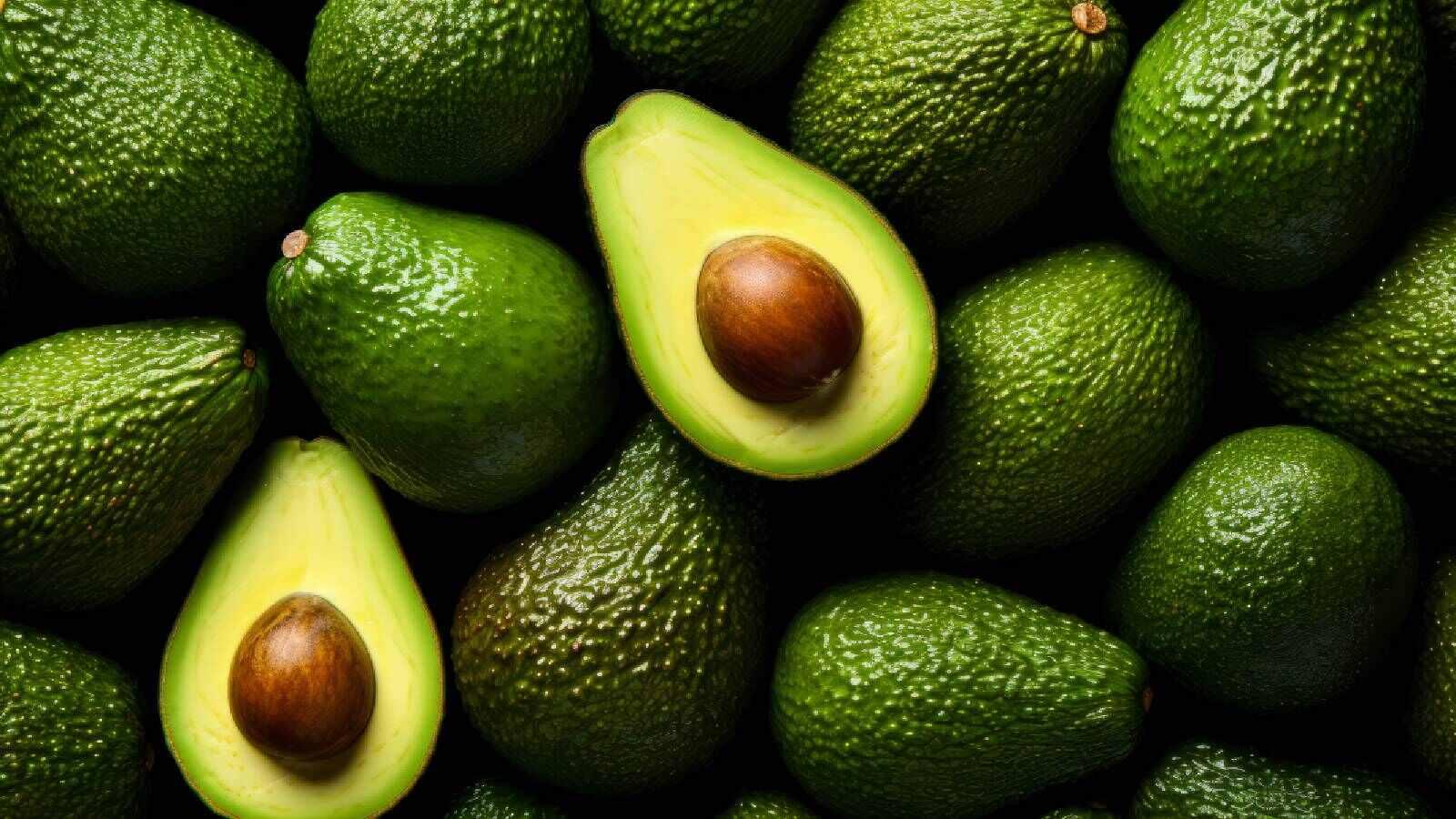
Though often treated like a vegetable, avocados are technically fruits and are prized for their creamy texture and mild flavor.
They’re high in healthy fats and nutrients, making them perfect for spreading on toast, adding to salads, or making guacamole.
- Taste: Mild and buttery with a slight nuttiness.
- Texture: Creamy and smooth.
- Best For: Spreading on toast, making guacamole, or adding to salads.
- Nutritional Value: High in healthy fats, fiber, and potassium.
- Extra Tip: Mash avocado with lime and salt for a simple, delicious guacamole.
Conclusion
These 16 popular fruits offer a wide variety of flavors and essential nutrients that contribute to a balanced and healthy diet.
Whether you prefer the crisp bite of an apple or the tropical sweetness of a mango, these fruits bring taste and nutrition to your table.
Explore different ways to enjoy them, from fresh snacks to creative recipes, and elevate your meals with these delicious and versatile fruits.
